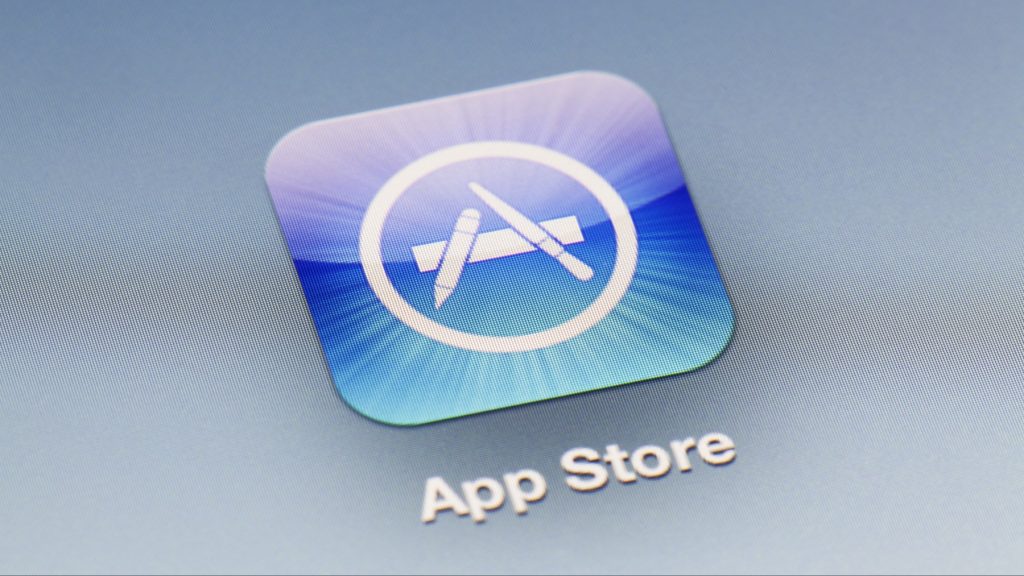
In compliance with the European Union’s Digital Markets Act (EU DMA), Apple will allow third-party app stores that are downloaded from external websites.
- Third-party app stores will be permitted on iOS devices for the first time, allowing users to download them from external websites.
- Fees for in-app transactions involving digital goods and services are reduced.
- Apple is introducing a “Core Technology Fee” for high-installation apps.
On January 25th, Apple announced that, as of March, it’s allowing third-party app stores on iPhones and iPads to comply with the European Union’s Digital Markets Act (EU DMA).
In September of last year, the EU initiated one of the biggest crackdowns on Big Tech’s practices. The DMA designated six major companies, Apple being one of them, as “Gatekeepers.” As a result, it imposed obligations that Apple must fulfill if it wishes to keep operating within the EU.
As a response, Apple has announced a laundry list of changes that it’s implementing to comply. One of these changes is allowing third-party app marketplaces on iOS devices. For the first time since the original iPhone came out, users will be free to download these stores from external websites.
Traditionally, Apple doesn’t allow third-party apps, including alternative app stores, primarily because of user safety and security. By controlling the App Store and having high standards for what’s offered on it, the tech giant has always claimed to minimize malware, harmful apps, and data breaches.
As a result, and perhaps intentionally, this closed ecosystem gave it a competitive advantage over other mobile operating systems. If you wanted your app available on iOS for the 1.5 billion iPhone users out there, you had to go through Apple. And Apple is very picky. In turn, this strategy made the App Store a significant revenue source through the 30% commission on in-app purchases.
That’s a lot of money, especially if the app is tailored to encourage in-app purchases, like the video game Fortnite. Its developer, Epic Games, even took Apple to court over this.
With the new changes, Apple is also reducing the fees. Fees for in-app transactions involving digital goods and services will go from 30% to 17%, and for eligible developers, from 15% to 10%. It will now allow alternative payment methods as well.
However, Apple made it crystal clear that going with third-party applications may expose users to potential security risks. It’s further washing its hands from the situation by waving the commissions for apps distributed through these App Store alternatives. There is a small caveat in the form of a “Core Technology Fee” of 0.50 euros for each app installation after the first 1 million installs in a year.
When you buy an Apple product, you are paying for the product, the bitten apple, and the Fort Knox that it is. The tech giant is most definitely taking advantage of its “walled garden.” But by forcing Apple to open its walled garden in this way, the EU DMA is putting the fear of monopoly and competition ahead of user safety and security.
Inside Telecom provides you with an extensive list of content covering all aspects of the tech industry. Keep an eye on our Tech sections to stay informed and up-to-date with our daily articles.